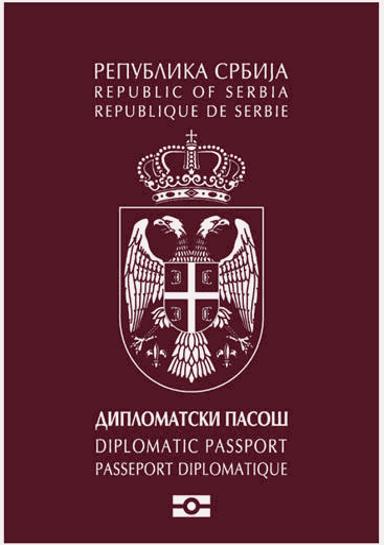Visa free access for Serbia
As a Serbia passport holder, you are permitted to travel visa-free to 155 countries and territories. This data is correct as of March 2024.
In order to travel visa-free, you will need a valid passport, often with at least six months until expiry. Additionally, you may need travel insurance, as required by your destination country.
Within these countries, there is often a separate section in airports where you can submit your Visa on Arrival. You will receive your visa on arrival (VOA) after entering the country that issued the visa.
Acquiring an eVisa follows the same process as applying for a traditional visa. The main difference with an eVisa is that you don’t need to visit a visa application centre. You can submit your application online, including making any payments relating to the visa.
Once the relevant authorities approve your application, you will receive a confirmation email regarding your visa status, along with a document that you must print and bring with you when crossing the border.
You will need a valid visa to enter the 155 countries with a Serbia passport.
About Serbia
Serbia, situated in the Balkans, is a country that boasts a rich cultural history, diverse climate, and a resilient economy. The climate varies from north to south with the northern part experiencing a continental climate with cold winters and hot, humid summers, while the south experiences a more Mediterranean climate with dry summers and cold, rainy winters.
Serbia has a population of approximately 7 million people, with a diverse mix of ethnic groups. The official language is Serbian and the majority of the population practices Orthodox Christianity. Serbian culture is a blend of East and West, with influences from the Byzantine Empire, Ottoman Empire, and Central Europe. This cultural richness is evident in its music, literature, and cuisine.
The Serbian economy is primarily based on services, followed by industry and agriculture. Key industries include automotive, food processing, and machinery. Despite facing economic challenges, Serbia has shown resilience and steady growth in recent years.
Visitors to Serbia are drawn to its vibrant cities, stunning natural landscapes, and historical sites. The Serbian passport offers visa-free or visa-on-arrival access to many countries, making it a valuable asset for international travel.

 Serbia
Serbia




































































































































































































